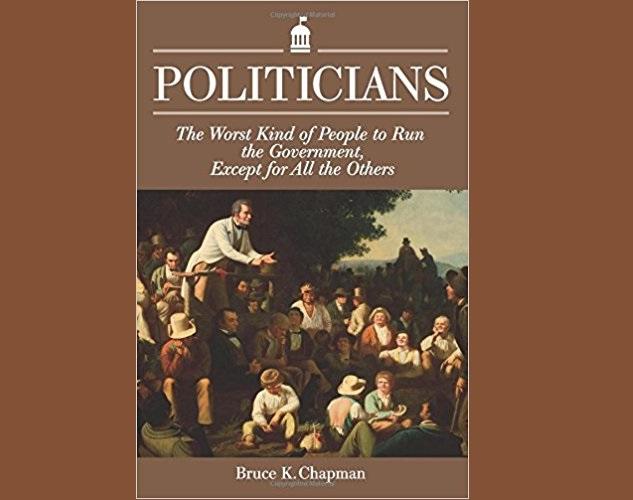In the new political science that developed in the Progressive Era, study of what constitutes wise opinion was dropped. The new political scientist was to abandon the supposedly played out mines of political theory.
Progress, you would have thought as an intellectual in that period, must proceed on “scientific” principles. Max Weber’s “fact/value” distinction meant that facts alone could be submitted to scientific inquiry, while issues of right and wrong (“values”) could be examined only from outside their own assumptions.
Here, then, is partly where we get our present day intellectual prejudice against crediting what politicians say they are doing and our constant suspicion that the real truth must be something else.
It arose in Germany as an element of the “science of the state” (Statswissenschaft) and the “general theory of the state” (Allgemeine Staatslehere). And it fit well with the new science of politics, Politische Wissenschaft. With the new method, known states were compared historically, with perfection of the state as the goal.
In the latter half of the 19th century, these ideas entered the United States in the heads of young Americans who, lacking domestic graduate schools in public law, embarked on studies in Germany.
In time the concept of eugenics gained force in the Second Reich — decades before the Nazis employed it. When, in 1904, the German Empire exterminated almost the whole race of native Hereros in German Southwest Africa, it was publicly justified in terms of Darwinism. There were few protests.
A generation earlier, the first American convert to Teutonic ideas of political science and the founder of its U.S. version was John W. Burgess. Dazzled by what he found in Germany, Burgess, back home, proclaimed the ultimate end of the state to be “the perfection of humanity; the civilization of the world; the perfect development of human reason, and its attainment to universal command over individualism; the apotheosis of man.”
German-trained instructors, helped shape the America field of political science over the next generation. From political science at Johns Hopkins, meanwhile, came a number of historicist scholars, including Woodrow Wilson. We can chart the Progressive Era from the 1880s because of the work of Wilson.
In America today, Darwinism’s triumph in something called “political science” continues to batter at the philosophical foundations of republican government.























